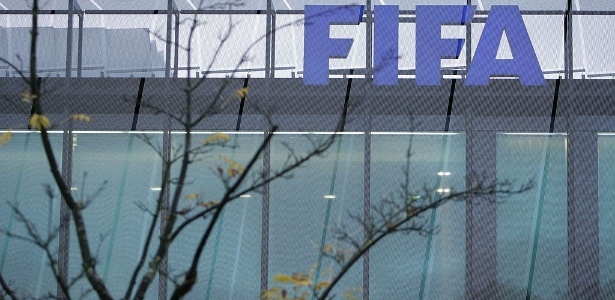
by Gabriel Coketrone
The attitude of European clubs not releasing players for their respective teams has put pressure on FIFA to dispute qualifiers for the 2022 World Cup. In such a situation, according to the website ‘The Athletic’, the governing body of football is studying the possible punishment for some teams in English football.
According to the website, Newcastle, Wolverhampton and Watford are the three clubs that are in the eyes of FIFA due to complaints made by national federations. The athletes involved are: Miguel Almiron (Newcastle – Paraguay), Raul Jiménez (Wolverhampton – Mexico) and Francisco Sieralta (Watford – Chile).
That’s where the question comes in. Can FIFA ban these clubs? What does the unit’s disciplinary code say? Are there ways?
“According to the FIFA Code of Discipline, members of national associations, especially clubs, are subject to sanctions. In this case, I believe that the sanctions that may be imposed are a reprimand or a fine, more than No. It is good to remember that the FEB/2021 FIFA RSTP brought in temporary measures that increased the non-obligation of clubs to assign athletes to national teams due to the pandemic situation in our continent. In other words, clubs know that it would be likely to release its athletes in the future, so that the schedule of the South American qualifiers could be completed on time”, assesses Pedro Junkel, a lawyer specializing in sports law”, Pedro Junkel, a lawyer specializing in sports law Assess Junkle.
Attorney Joo Paulo Di Carlo follows the same line of reasoning and also believes in the possibility of punishment, such as fines and warnings.
“Although Annex 1 of the FIFA Players’ Status and Transfer Regulations is drawn up in a very confusing manner, giving good arguments for both sides, the non-release of players, for any one match, when for a FIFA national imposes a two-game compulsion. Teams (except UEFA), based on a state rule that does not prohibit travel per se, seem unfair. Therefore, in theory, clubs were warned by football’s governing body or could be sanctioned with fine”, explains sports law expert.
“I do not find it appropriate that, months after FIFA’s decision to postpone the March round, European clubs are outraged by the mandatory release of their athletes, much less than the 2-day increase in the release period, from 9 to 11 days. So there are ways to punish clubs that refuse to release their athletes, but I don’t believe we’ll see major sanctions,” Junkel says.
All the players mentioned above were barred from traveling to their countries due to restrictions on combating COVID-19 in the UK, as they would have to follow a quarantine of at least 10 days upon arrival in the country.
Since the federations of Paraguay, Mexico and Chile specifically demanded FIFA to highlight these three matters, the entity must act to address the issue. Other clubs that did not release their players and have no complaints with the institution should not be sanctioned.
Follow us on social media: @leiemcampo



